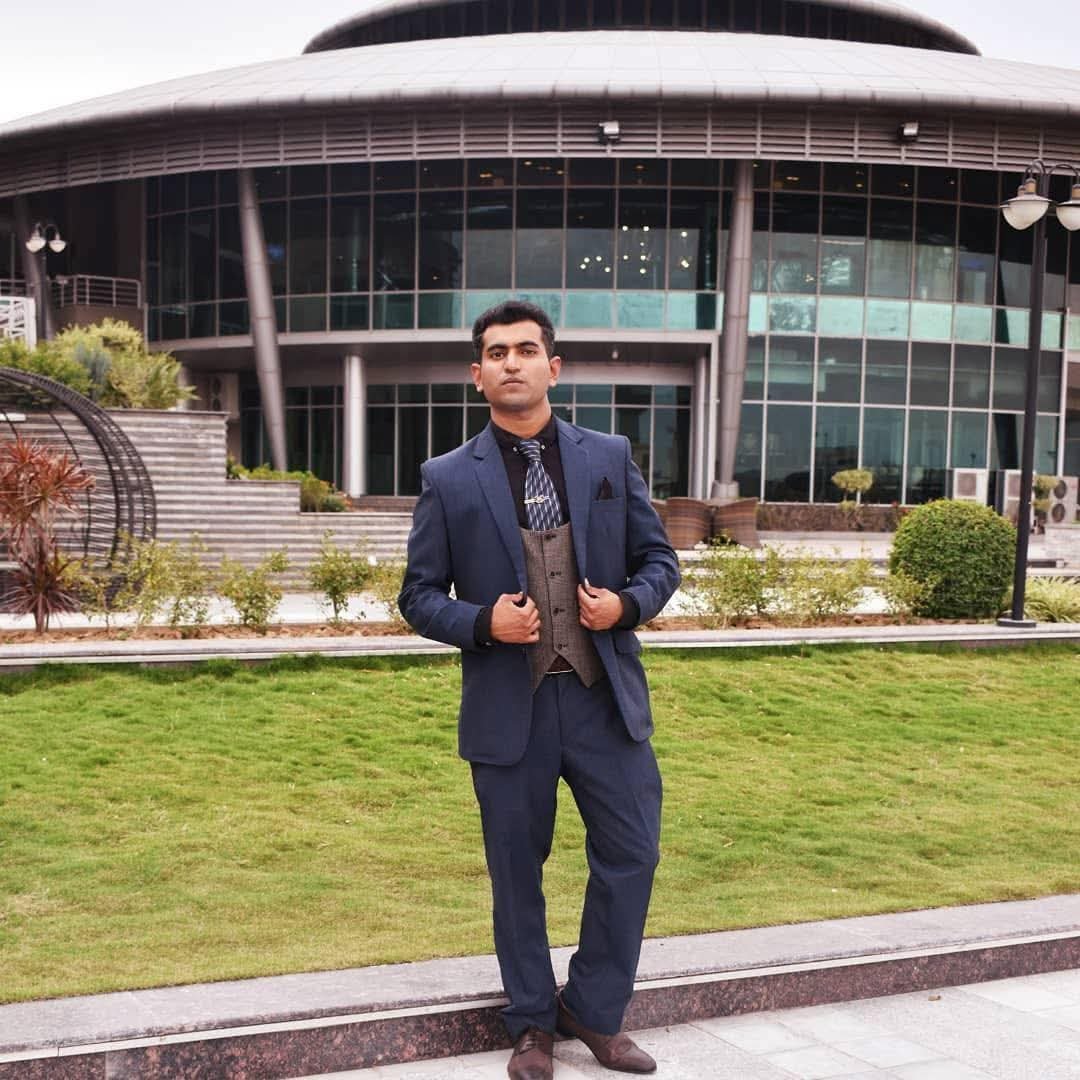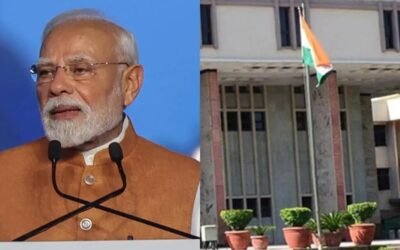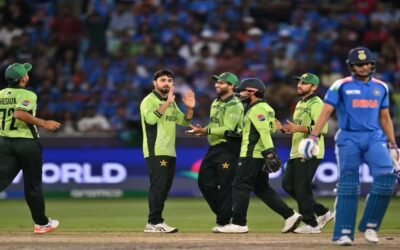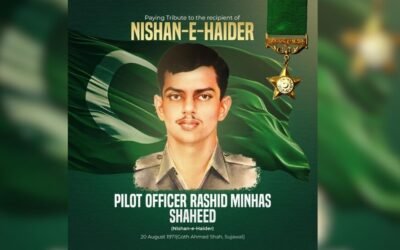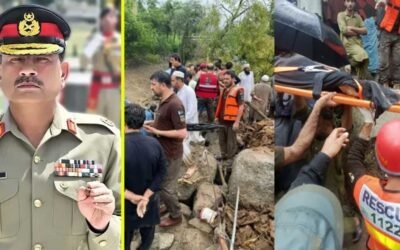Inna Lillahi Wa Inna Ilaihi Raji’oon.
Another uniform was buried today. Major Muhammad Rizwan Tahir (PA 58433) of the Pakistan Army embraced shahadat in Noshki, Balochistan, on August 5, 2025, after a cowardly IED blast—planted by those who claim to fight for rights, but serve only the agenda of chaos.
But Major Rizwan didn’t die with his back turned. He fell in combat. He stood against what the Army now calls Fitna al-Hindustan (FAH)—a proxy network bankrolled by India, armed with IEDs, hashtags, and hate. He was 31. A father of a toddler. A husband. A son of a retired lieutenant colonel. And now—a shaheed.
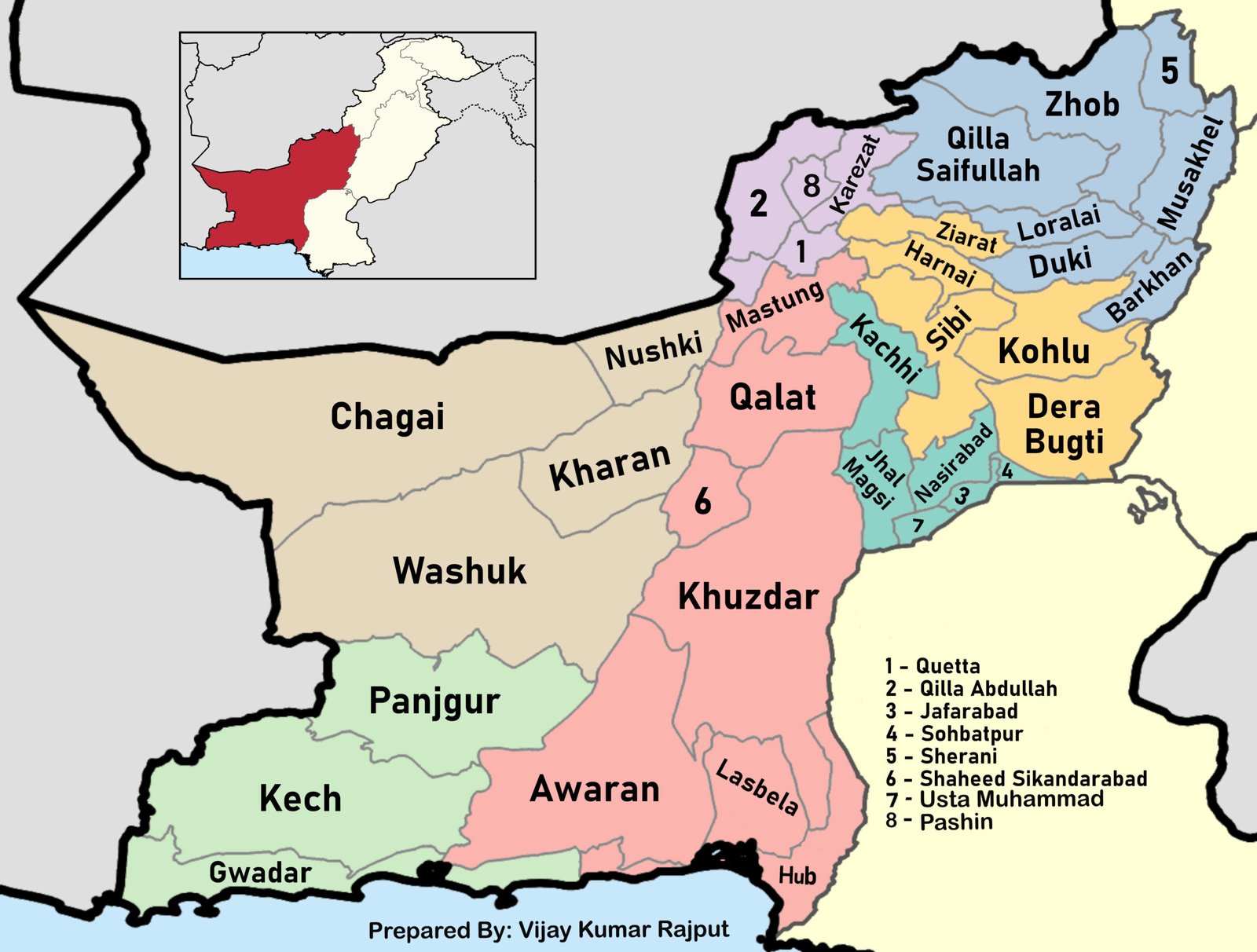
Not Just a Casualty—A Character
A graduate of TGC 29, and part of 117 W/NM (parental unit: 176 Engr Bn), he joined FC(N) less than two years ago. His record was spotless. His leadership, fearless. His resolve, unshakable. From Shakargarh to Noshki, he carried the green flag on his chest and the prayers of his family in his heart. He gave 8 years to the service of Pakistan. And in his final moment, he gave everything else.
Inna Lillahi Wainna Ilaihi Rajioon.
It is with deep regret and sorrow that we can confirm the martyrdom-in-action of Major Rizwan Tahir of the Pakistan Army, today in Noshki, Balochistan in a terrorist IED bombing.
The Shaheed displayed the utmost valour and bravery during… pic.twitter.com/SetKI80xWo
— The STRATCOM Bureau (@OSPSF) August 5, 2025
But Who Speaks for Rizwan?
His martyrdom made no headlines in elite circles. No social activist issued a statement. No Baloch civil society leader lit a candle. Their silence is not just shameful—it is strategic. For them, every soldier is a symbol of the state they love to criticize but live off of. When a terrorist falls, they cry about “extrajudicial killings.” When a soldier like Rizwan is martyred, they scroll past the news.
Even worse, some of them continue to justify the violence in Balochistan as “resistance.” But ask yourself—what was Major Rizwan doing in Noshki? Building roads. Protecting civilians and defending schools. The men who killed him don’t want rights. They want to ruin everything.
The Real Failure Was Never the Soldier
After Zarb-e-Azb and Radd-ul-Fasaad, Pakistan’s military delivered results. Terrorist networks were dismantled. Areas were cleared. But the job wasn’t finished—it was handed over. To politicians. To civil institutions. To those who promised to bring development, healing, and justice to Balochistan. They failed.
Balochistan was never a military failure. It was a political failure. The disconnect deepened. Grievances festered. Development stalled. And now, the fault lines are back—louder, bloodier, more complex. The enemies are hybrid. The battlefield is digital. And the price, as always, is paid in funerals.
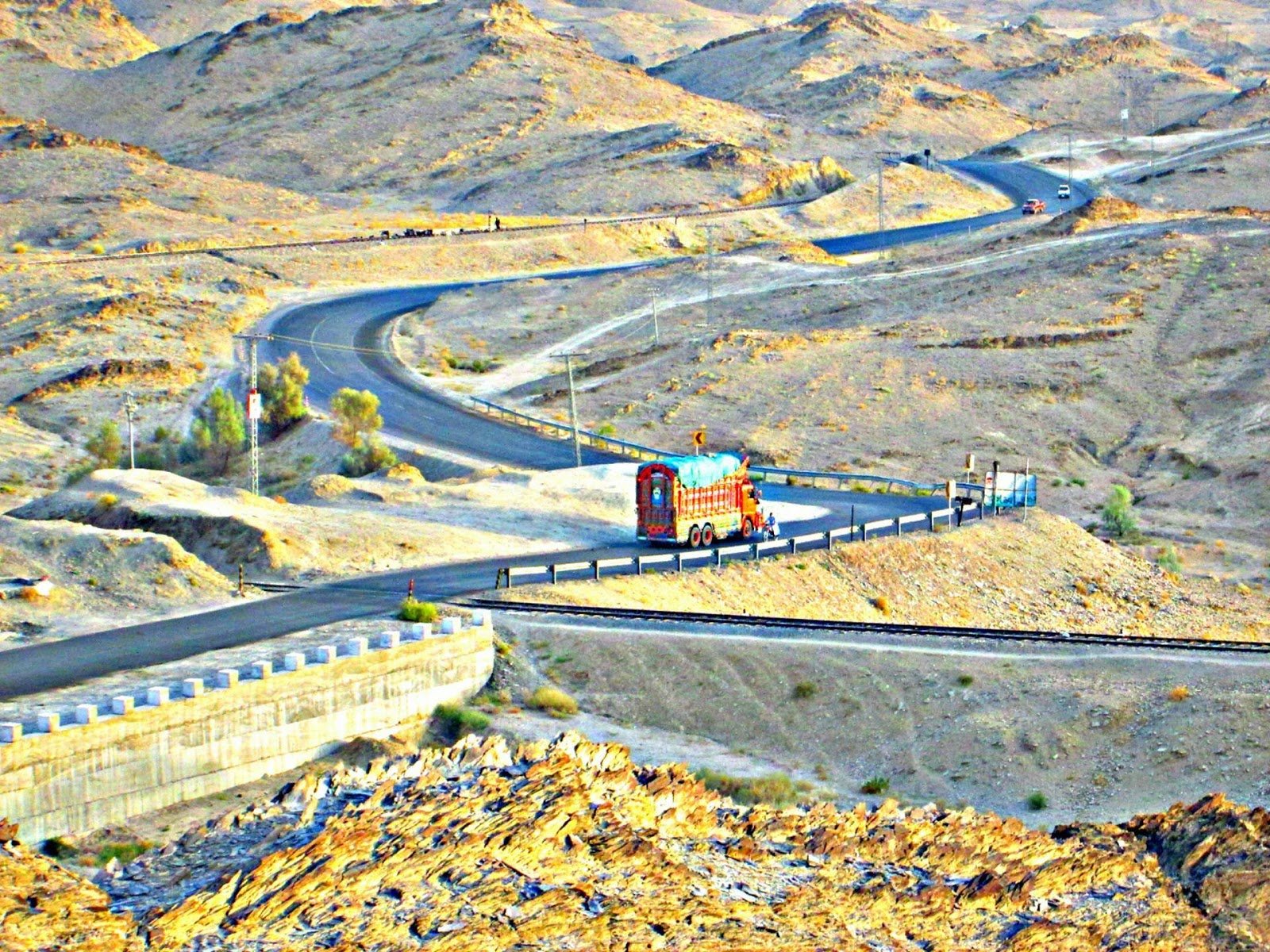
His Death, Our Test
Major Rizwan’s sacrifice is not just an act of duty—it is a test of our collective conscience. Will we remember him? Will we question the silence around his death? Or will we allow his martyrdom to be buried under another trending topic?
If Pakistan is to rise, it must honour its heroes—not just with medals, but with memory. With policy. With truth. With resolve.
Pakistan Zindabad.
Rizwan Tahir Shaheed lives—not in headlines, but in history.

